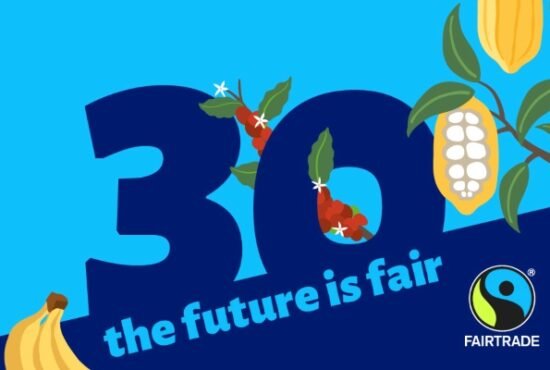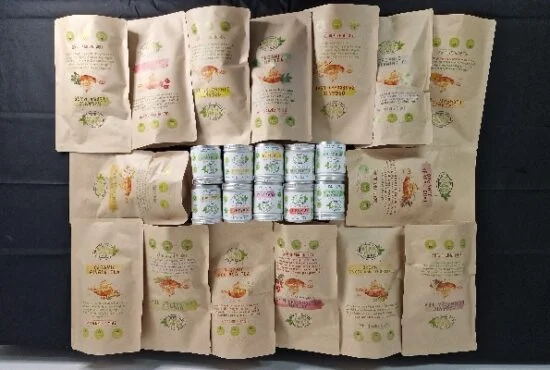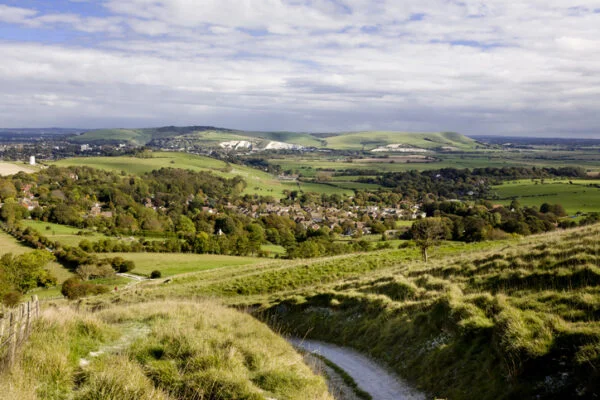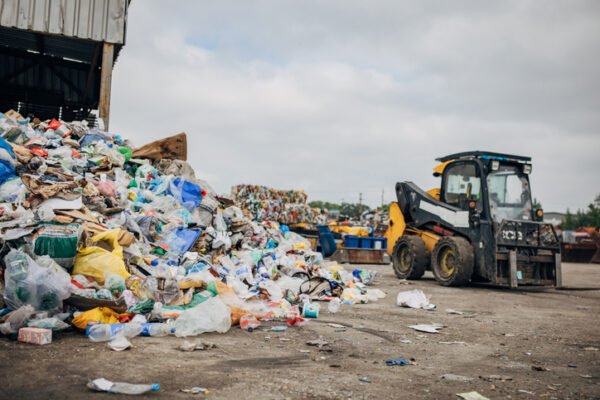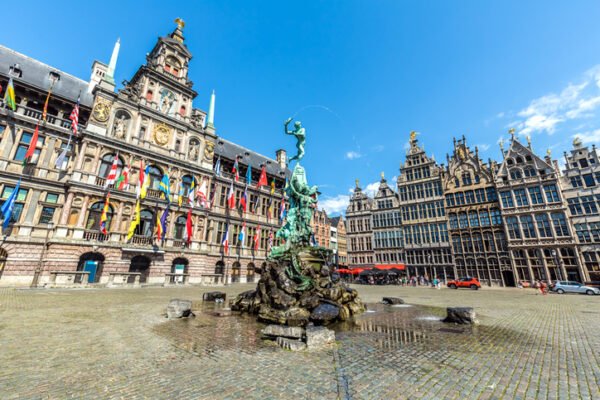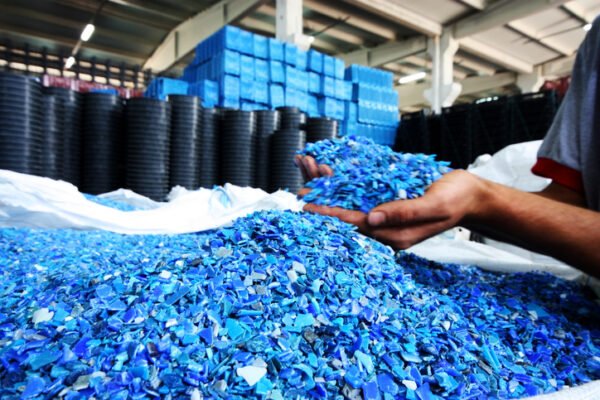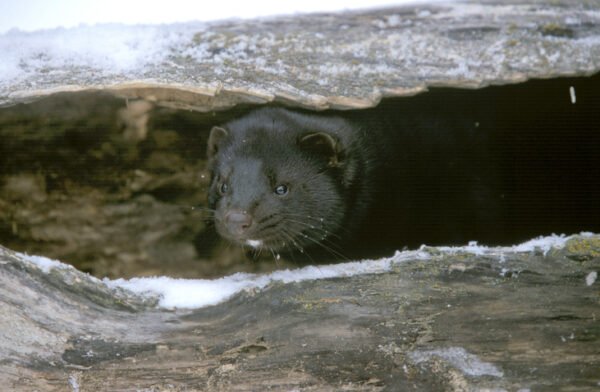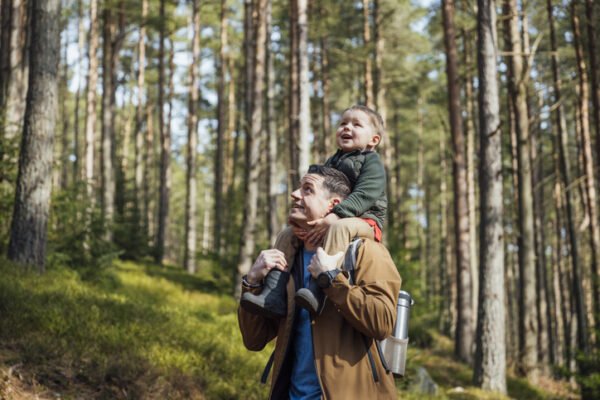How a 58% saving can drop to 24%
‘When households take climate actions to reduce emissions, they typically also save money’, he explains. ‘This money is often spent on discretionary items with relatively high climate impacts and the net emission savings will be reduced.’
This secondary effect is called the rebound effect, and can reduce the savings from the initial emission savings.
In other words, consumers who took reasonable measures to cut their carbon footprints by a substantial amount – and achieved that 58% reduction – could reduce their carbon footprint cuts to just 24-35% if they spend the money they save on an average mix of discretionary purchases.
Green living in an affluent country
The researchers chose Norway as their subject partly for obvious reasons (the university is in Norway, after all) but also because it is a relatively affluent country that also has a fairly large per capita carbon footprint.
But as an affluent country, Norwegians can also afford to make the purchases and investments needed to shift to a greener, low-carbon economy, Bjelle said.
Consumers can be a positive force, Bjelle says, by buying more efficient products, or products that have a lower carbon footprint overall.
‘By taking a more active role in lowering their carbon footprint, consumers can drive changes in production, which will lead to further carbon footprint reductions from environmentally beneficial changes in the supply chain’, he said.
Smart spending
Then it’s a matter of being a smart consumer with purchases, the researchers say. Cutting back on meat consumption and air travel, and making changes at home – such as eliminating food waste or washing clothes less and at a cooler temperature – are all actions that can make a difference.
When buying goods, aim for those that are durable and can be repaired, or clothing and furniture that will last for a long time (even if they cost more). These are all good choices when it comes to the climate, they say.
A Norwegian role model?
‘Consumers can focus on purchasing ‘better’ goods rather than necessarily less’, Wood said. ‘Consumers should aim for purchases of goods and services that improve their quality of life, rather than material possessions. You could go to the movies, get a nice massage, or go to a concert. Those can be nice gifts, too.’
Norwegian consumers are in an excellent position to show how consumer actions can lead to lower carbon footprints, the researchers observed.
‘I believe that Norway should be a role model on this, to lead the way towards a lifestyle associated with a lower carbon footprint’, Bjelle said.
Click here to browse MyGreenPod Hero products and services to support your shift switch to a more ethical lifestyle.
 Play Video about This Rock Might Just Save The World
Play Video about This Rock Might Just Save The World Play Video about Play 2 hours of rock
Play Video about Play 2 hours of rock Play Video about Play 2 hours of brook
Play Video about Play 2 hours of brook Play Video about Play 2 hours of sheep
Play Video about Play 2 hours of sheep
